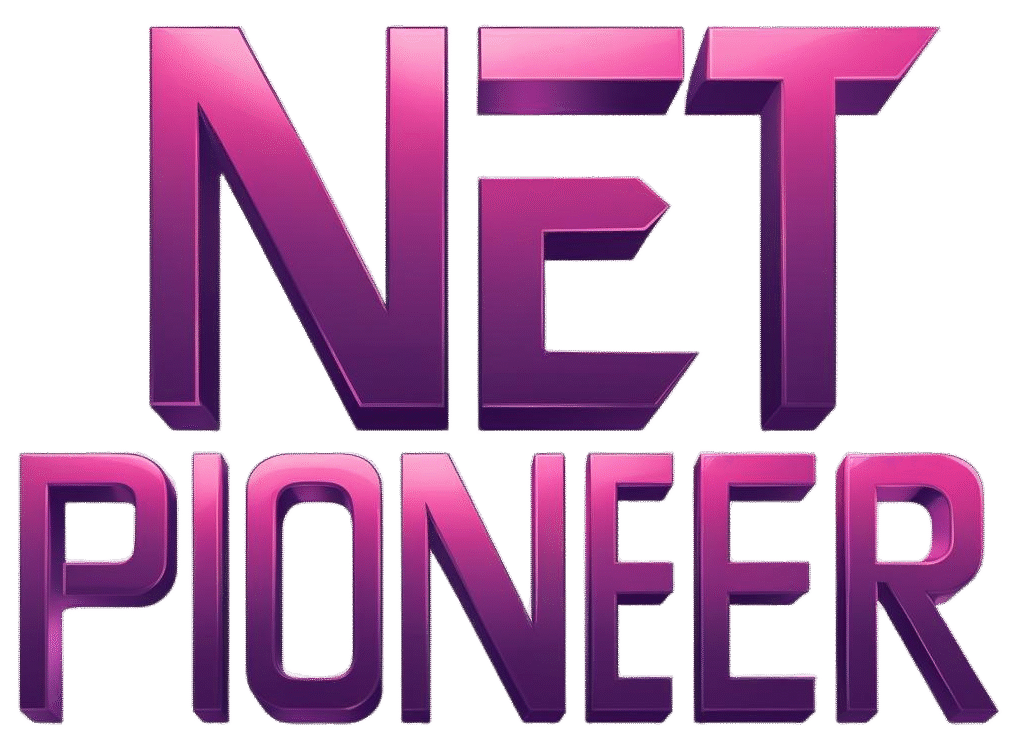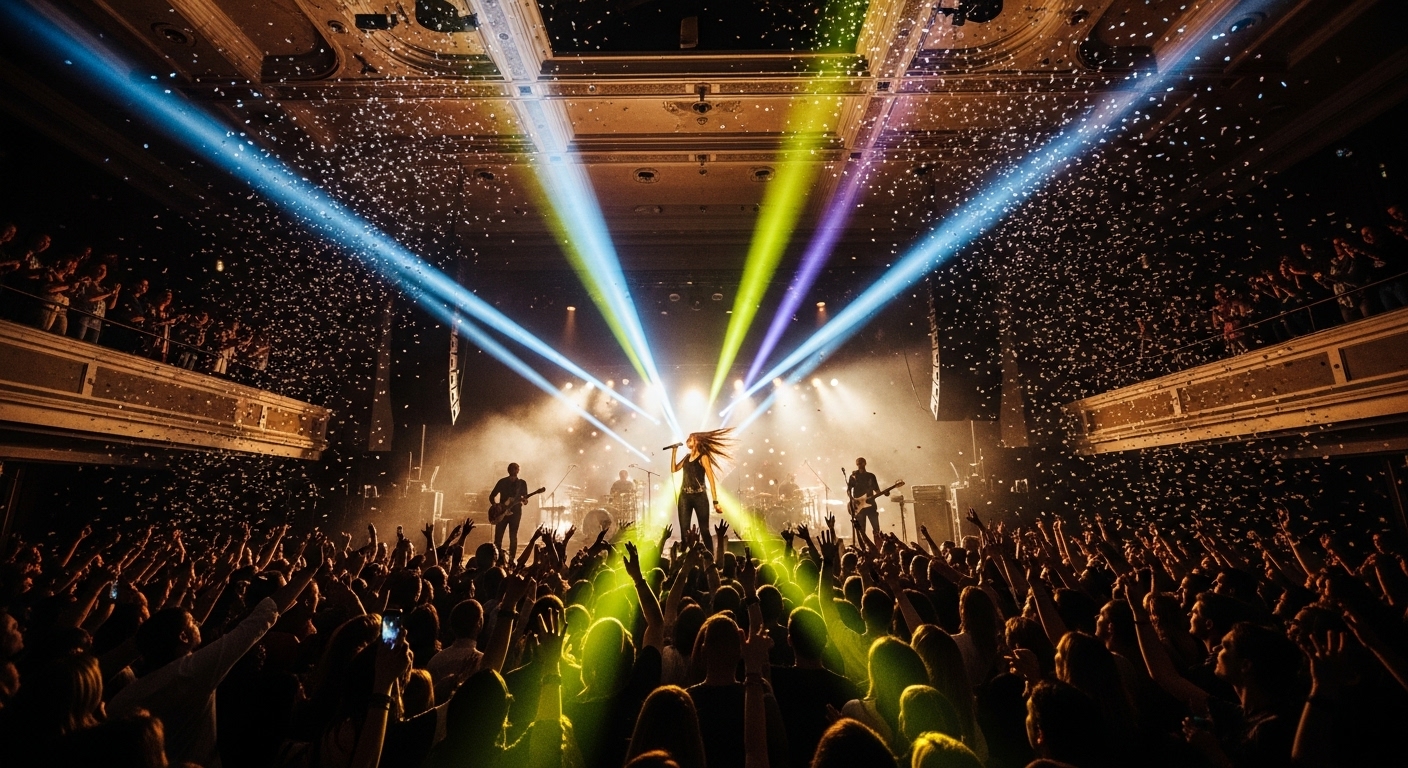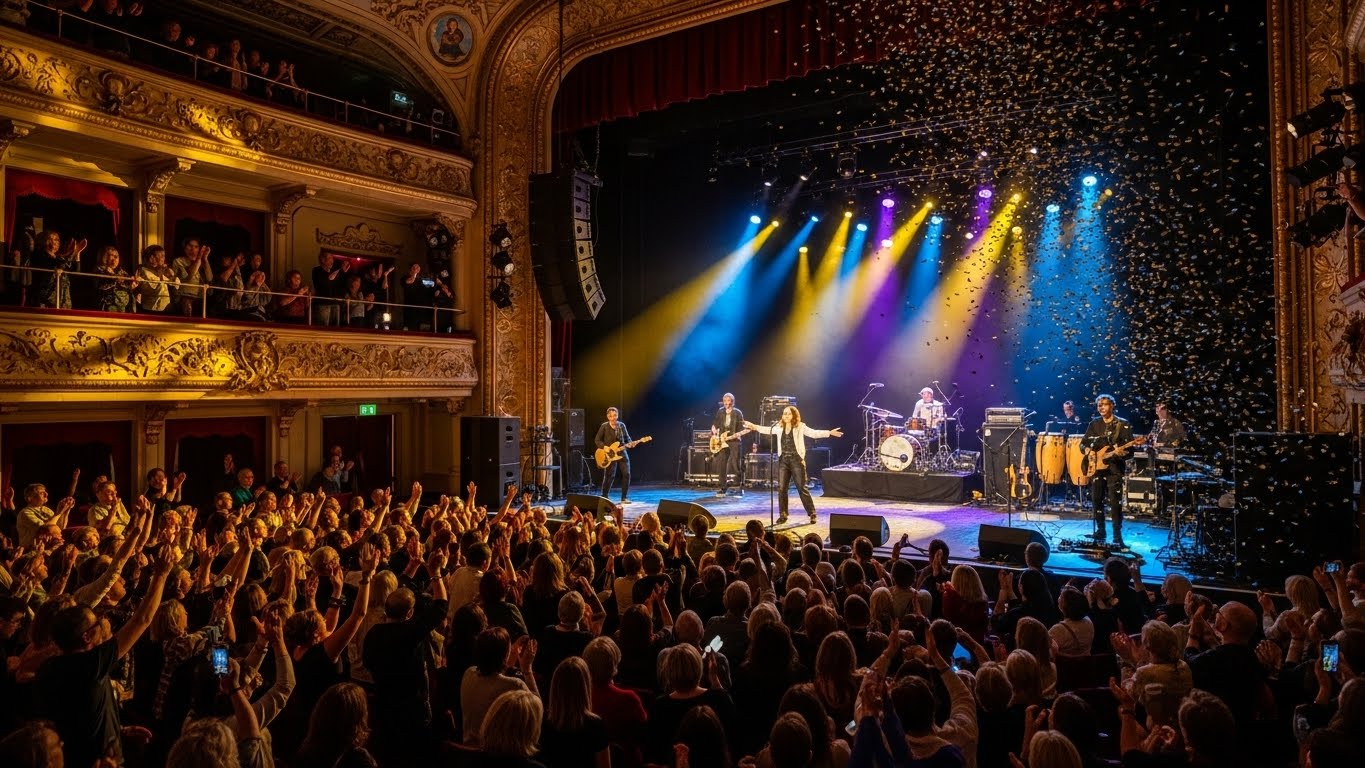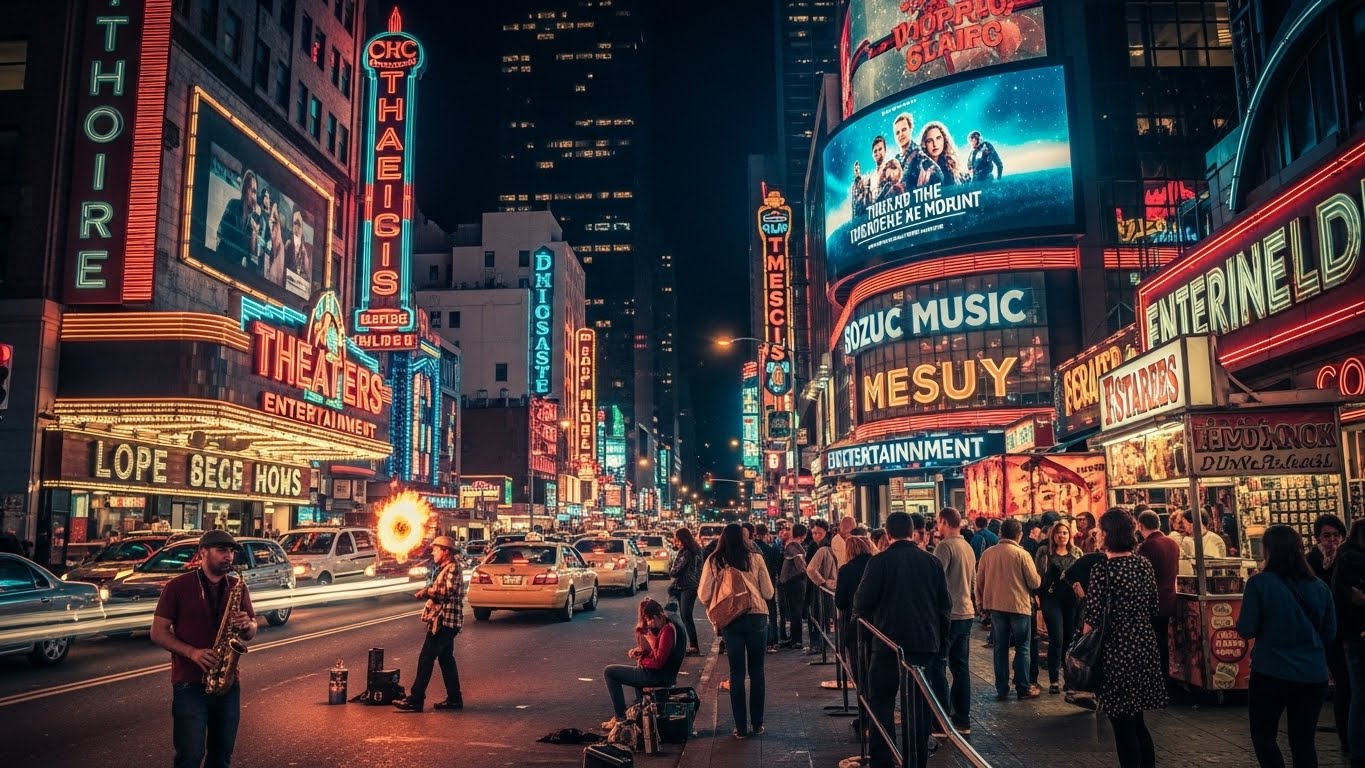Entertainment is a universal language, speaking to our emotions, creativity, and need for escape. What began as simple forms of leisure, such as storytelling and music, has evolved into a multi-dimensional industry that spans across various platforms and technologies. Today, entertainment is no longer confined to movies or television; it has become an expansive universe of infinite possibilities. In this blog post, we will explore how entertainment has evolved in the digital age, how new technologies are shaping the way we experience it, and where this ever-expanding universe might take us next.
The Transition from Traditional to Digital Entertainment
In the past, entertainment was simple: a night at the movies, a favorite television show, or perhaps reading a book. For many generations, these were the primary outlets for relaxation and enjoyment. Movies were made for the big screen, and TV shows were confined to scheduled programming on the small screen. But as digital technology emerged, so did an explosion of new forms of entertainment, transforming the industry and opening doors to new experiences.
Streaming platforms like Netflix, Hulu, and Amazon Prime changed everything. Gone were the days of waiting for your favorite TV show to air on a particular day at a specific time. With the advent of on-demand content, viewers gained control over what they watch, when they watch it, and how they watch it. Binge-watching became a cultural phenomenon, enabling audiences to consume entire seasons of shows in a matter of days.
Alongside this shift, the music industry underwent its own revolution. Physical formats such as CDs gave way to digital downloads, and platforms like Spotify, Apple Music, and YouTube made music instantly accessible from any device. Whether you’re on a bus, at the gym, or lying in bed, music is now just a tap away.
The Rise of Interactive Entertainment
One of the most notable developments in the entertainment landscape has been the rise of interactive media. What was once a passive experience has now evolved into something where audiences can participate, influence, and even change the narrative. Video games have long been interactive, but advancements in technology have pushed them into the spotlight as a mainstream form of entertainment.
Video games today are not just about shooting or solving puzzles. They are immersive worlds that offer rich storytelling, emotional depth, and complex characters. Games like The Last of Us, Red Dead Redemption 2, and Cyberpunk 2077 transport players to vast, open worlds filled with choices and consequences. The lines between movies and video games are blurring, with cinematic storytelling becoming a key feature of many modern games.
The rise of virtual reality (VR) and augmented reality (AR) is taking this interactivity to a whole new level. VR allows users to step into entirely new worlds, offering experiences that can range from thrilling adventures to peaceful meditation environments. AR, on the other hand, enhances the real world by overlaying digital elements, creating interactive experiences that can turn everyday life into a form of entertainment.
These innovations in interactive entertainment offer a glimpse into a future where the boundary between reality and the virtual world becomes even more indistinct.
The Power of Social Media and User-Generated Content
Another game-changer in the entertainment world has been the rise of social media and user-generated content. Platforms like Instagram, YouTube, TikTok, and Twitch have empowered individuals to become content creators in their own right. What once required access to expensive equipment and large-scale production companies is now possible with just a smartphone and an internet connection.
TikTok, for example, has created a new generation of influencers and viral content. The platform’s algorithm-driven feed ensures that even the most obscure videos can go viral, giving anyone the opportunity to be seen by millions. In fact, TikTok has turned many ordinary individuals into global superstars, from dancers to comedians to everyday people sharing their unique perspectives on life.
YouTube has also created a massive space for creators, allowing for everything from cooking tutorials to long-form documentaries. People no longer need to rely on traditional media for entertainment; instead, they can find niche, personalized content that appeals directly to their tastes. As a result, traditional TV networks and movie studios are increasingly looking to digital platforms for talent and ideas.
Moreover, live streaming on platforms like Twitch has changed how audiences engage with entertainment. What started with gamers sharing their gameplay has expanded into live concerts, Q&A sessions, and even cooking competitions. The ability to watch someone in real-time adds a level of intimacy and connection that traditional media simply can’t match.
The Impact of Streaming Services on Traditional Entertainment
Streaming services have fundamentally changed the way content is produced, distributed, and consumed. Not only have they redefined television and film, but they’ve also disrupted the business model of the entire entertainment industry. With platforms like Netflix, Disney+, and HBO Max, consumers can access a vast library of movies and shows from the comfort of their homes.
One of the biggest shifts has been the move away from weekly episodic releases. Traditionally, TV shows were broadcast in episodes that aired once a week, leaving audiences waiting for the next installment. Now, streaming platforms are embracing the “binge model,” where entire seasons are released at once, encouraging viewers to watch entire series in one sitting. This model has been especially successful with high-quality original content, such as Stranger Things and The Mandalorian, creating cultural moments that span days or even weeks of viewing.
Moreover, the global reach of streaming services has opened up new opportunities for international content to gain mainstream attention. Shows and films from countries like South Korea, Spain, and India are now finding global audiences, thanks to the accessibility of streaming platforms. The success of shows like Squid Game and Money Heist proves that language and geography are no longer barriers to global entertainment consumption.
Streaming also enables a greater variety of content. With traditional networks relying heavily on advertisements for revenue, they often played it safe by producing content with broad, mainstream appeal. Streaming platforms, however, can afford to take risks on niche genres, diverse voices, and experimental storytelling, leading to more diverse and inclusive entertainment.
The Future of Entertainment: AI, Personalization, and Beyond
Looking ahead, the entertainment industry is poised for even more radical changes. Artificial intelligence (AI) is already making its mark on content creation, from AI-generated music to deepfake technology used in movies. AI algorithms are increasingly being used to curate personalized content for users based on their preferences and behavior, ensuring that entertainment is more tailored and relevant than ever before.
In fact, AI is likely to revolutionize not only how we consume media but also how it’s created. We may soon see AI-powered tools that can write scripts, generate music, or even design virtual worlds, making the creative process faster and more efficient. This could democratize entertainment creation even further, allowing anyone with an idea and the right tools to create high-quality content without needing massive resources.
Additionally, the future of entertainment will likely be shaped by the continued development of virtual and augmented reality. Imagine walking through a virtual concert, interacting with your favorite characters in a movie, or even stepping into a fully immersive video game world. As technology improves and becomes more accessible, VR and AR will redefine how we experience stories, blurring the lines between the physical and digital realms.
The next frontier in entertainment is likely to be the integration of immersive, personalized, and interactive experiences that allow people to become part of the narrative. From virtual reality to AI-created content, the possibilities are endless. As technology continues to evolve, it seems clear that entertainment will continue to expand in ways we never thought possible.
Conclusion: Entertainment in the Age of Infinite Choices
Entertainment has come a long way from its humble beginnings. What was once a few basic forms of leisure has evolved into an expansive, ever-changing universe of content that offers endless possibilities. From traditional movies and television to interactive video games, social media, and streaming platforms, the digital age has transformed how we consume and engage with entertainment.
As technology continues to advance, the boundaries of entertainment will only continue to blur. Virtual and augmented reality, AI, and personalized experiences will create new opportunities for audiences to connect with content in ways that were once unimaginable. The future of entertainment is bright, and we are just beginning to explore the infinite possibilities it holds.



